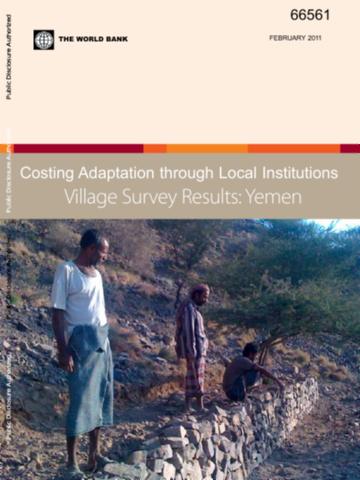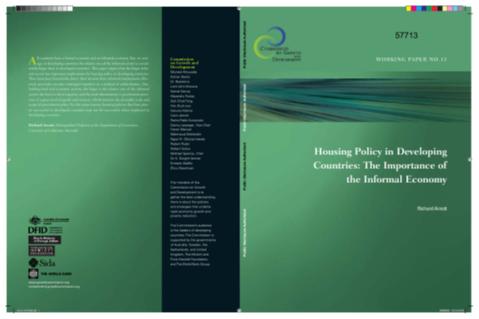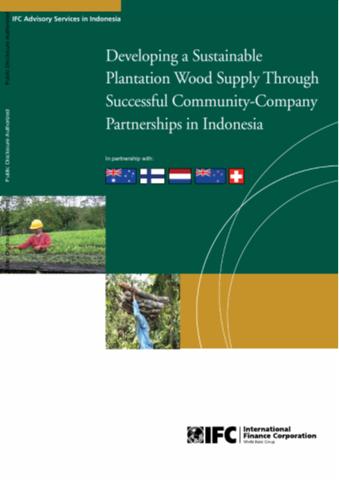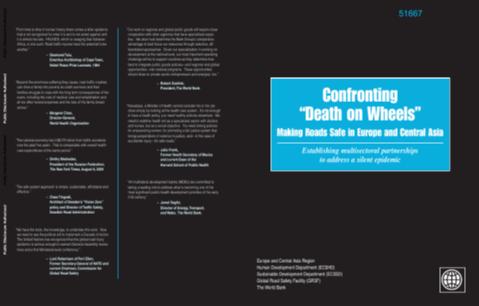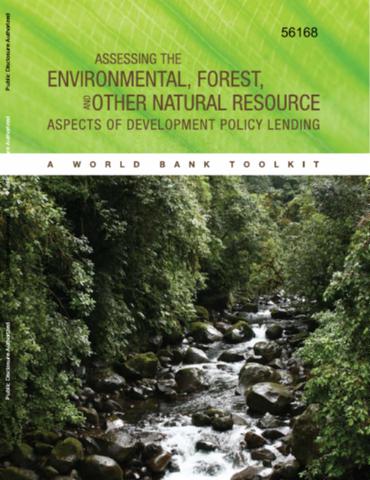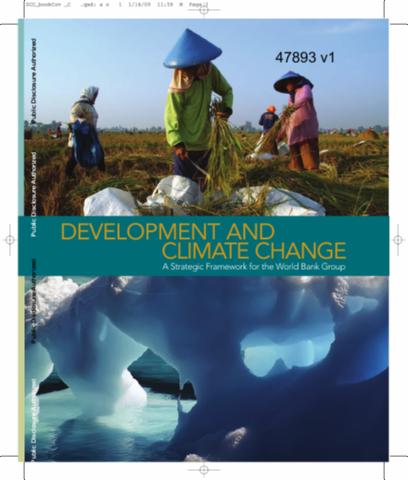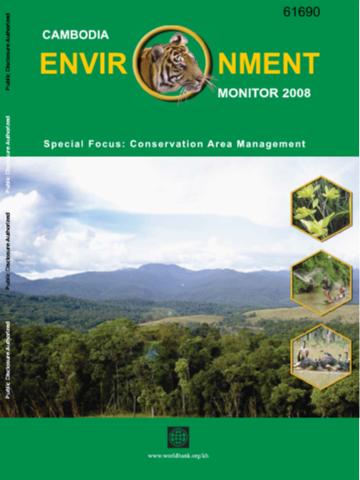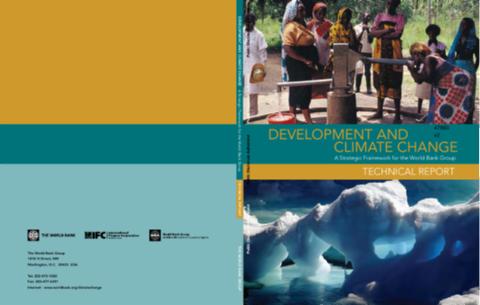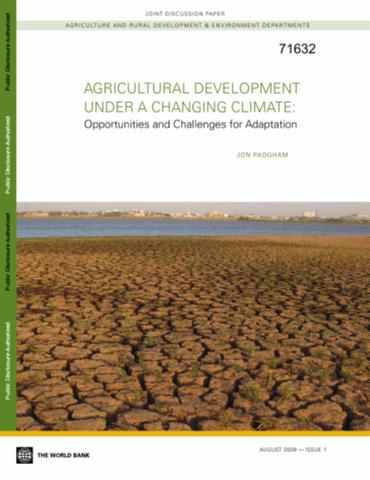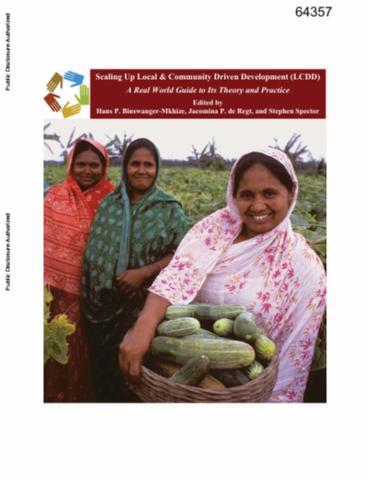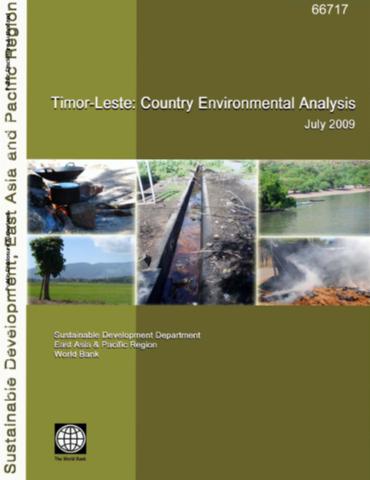Costing Adaptations through Local Institutions
The objectives of the Costing Adaptation through Local Institutions (CALI) study were (a) to identify the costs of adaptation through local institutions, and (b) to investigate which institutions help households adapt to climate variability, which efforts and costs are needed to realize the adaptation options, and how they facilitate adaptation to climate variability. The study was carried out in Ethiopia, Mali, and Yemen. This report discusses the results for Yemen.

